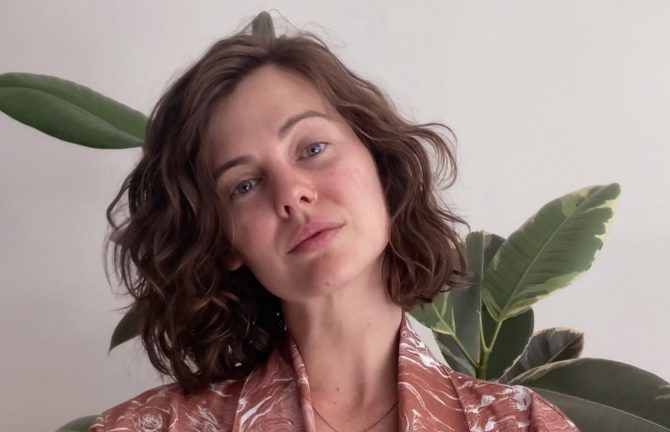
MTalks
RIGHTS of Passage
Free!
All visitors over the age of 12 must show their COVID-19 vaccination certificate as a condition of entry.
For full details on staying COVIDsafe at MPavilion 2021, read our Covid-19 Safe Plan
This event is now complete. If you want to revisit the talk, visit our Library, or subscribe to the MPavilion podcast via iTunes, Pocketcasts, Stitcher, Spotify, or wherever else you get your podcasts.

In our recent Census, LGBTIQ+ was not listed as an identity and the only two options for gender, were male and female. When our government is not inclusive in its ritualistic gathering of data, how do we identify ourselves if we fall outside of legislative naming? How do we learn to autograph our own moments if they fall outside colonial markers? Despite the challenges associated with categorisation, data shows that boundaries reduce anxiety and belonging is essential to our wellbeing.
‘RIGHTS of Passage’ is a discussion and workshop. In dialogue we will investigate what a ritual is and what rituals we can create for ourselves. Including, choosing the clothes we wear each day to honour who we are (Mama Alto), to marking a blank canvas with paint (Kara Mandel) to frame an investigation, to choosing a sperm donor with friends when going through IVF on your own (Kate Ellis), to how we exit the world as individually as we lived it (The Last Hurrah Funerals).
After the discussion, there will be a short activity based on Jim Enote’s ‘Counter Mapping’ work. Participants will create their own maps to acknowledge and mark their own moments in life. Who knows? Maybe some of the rituals created will find their way to common practice?
*Please bring a notebook and pen if you would like to participate in the activity.



